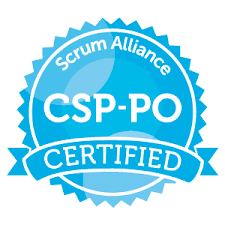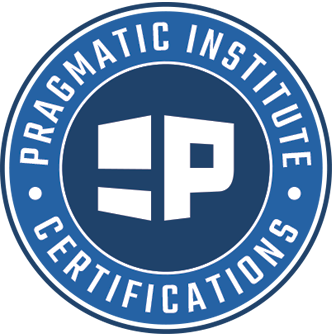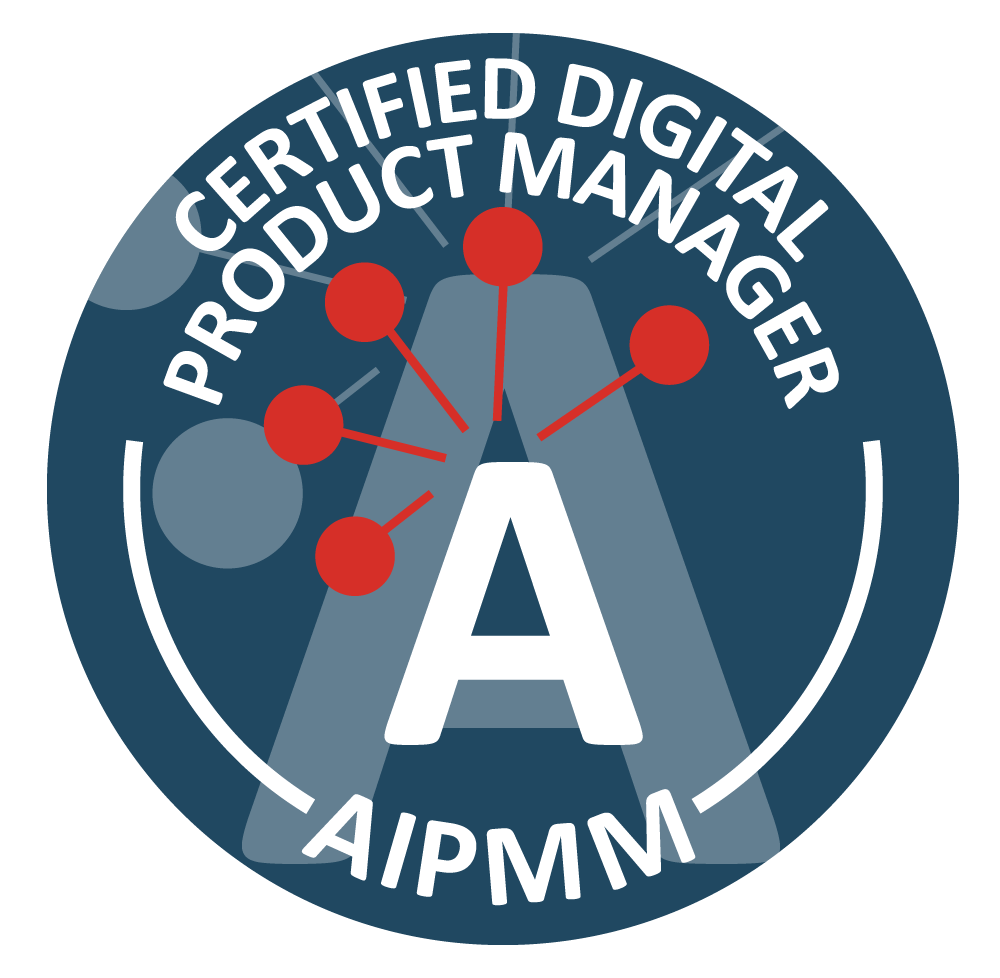Product Management Certifications
Formal education for Product Management is not yet a common track of study and so many are faced with the question when entering the field of Product Management — should I get a certification? Certifications can serve as a powerful signal of a professional’s commitment to ongoing learning and development. They also They provide a structured framework for individuals to hone their expertise, and the certification process often involves engaging with a community of like-minded professionals
Certifications can provide a structured learning path and a standardized set of skills, they are not however, generally required for entry-level product management positions. Many professionals enter the field through diverse paths, leveraging relevant educational backgrounds, work experience, and a demonstrated understanding of product-related concepts.
The value of obtaining a Product Management certifications really dependent on the stage of your career:
Early Career
Certifications are often most beneficial earlier in a career when you have some early experience and are looking for a capstone to formalize that experience. Certifications provide a structured learning path, and help to fill in the gaps to ensure holistic kowledge in a given area, and can be useful as a resume bullet point. They signal to employers that the individual has acquired a baseline of knowledge and is committed to developing the necessary skills for the role. For career changers, certifications offer a way to bridge the gap between their existing skills and the specific requirements of product management roles.
Later Career
As professionals progress to more senior levels within the product management career path, the importance of certifications may diminish. At this stage, practical experience, a proven track record of successful product launches, and strategic leadership become increasingly significant. Senior-level product managers are often evaluated based on their ability to drive business outcomes, lead teams, and make strategic decisions rather than their possession of specific tactical skill or related certifications. However, continuous learning and staying updated on industry trends remain essential, and senior product managers may engage in other forms of professional development, such as executive education or industry conferences.
Popular Certifications
The following are the 3 most popular certifications in Product Management:
Certified Scrum Product Owner (CSPO) – Scrum Alliance

Certified Scrum Product Owner is a widely recognized certification in the agile and Scrum community. It emphasizes the product owner role within the Scrum framework, focusing on collaboration and responsiveness to customer needs. Pros include its recognition and the practical application of Scrum principles. However, it may be limiting for those seeking a broader product management perspective. The cost varies but is typically in the range of $1,000 to $1,500. The time requirement involves a two-day in-person or virtual training.
Pragmatic Institute’s Product Management Certification

Pragmatic Institute’s certification is comprehensive and well-respected in the industry. It covers various aspects of product management, from market research to product launch. Pros include its comprehensive curriculum and industry recognition. However, it tends to be relatively more expensive compared to some other certifications, with a cost of around $2,195. The time requirement typically involves a two-day in-person or virtual training.
AIPMM ‘s – Certified Product Manager (CPM)

The Association of International Product Marketing and Management (AIPMM)’s Certified Product Manager certification is globally recognized and covers a broad range of product management concepts. Pros include its global recognition and comprehensive coverage. However, a potential con is that it may be challenging for those without a solid foundation in product management. The cost is around $1,295 for non-members, and the time requirement involves a two-hour online exam.
3-6 Month Training Programs
For those who don’t yet have any experience and are looking to start from the very beginning, there are a few great training programs available through trade schools and university extension programs. These are usually 3-6 months in duration and last 3-6 months. Here are few of the most popular programs:
- UC Berkeley
- UCLA
- Cornell
- Stanford Online
- MIT Online
- ProductSchool
- GeneralAssembly
Conclusion
Each certification mentioned has its unique strengths and focuses on specific methodologies or aspects of product management. The choice depends on individual career goals, the methodologies used in the workplace, and personal preferences. It’s essential to thoroughly research each certification, considering factors such as the curriculum, industry recognition, and cost before making a decision. Additionally, candidates should be aware that the information provided here might be subject to change, and checking the latest details from the certification providers is advisable.
while Product Management certifications are not strictly necessary for entry into the field, they can significantly contribute to career growth and success, particularly for those seeking to solidify their expertise, validate their skills, and connect with a broader professional network in the product management space. The decision to pursue certification should align with one’s career goals, the specific requirements of the job market, and the value placed on certifications by potential employers.